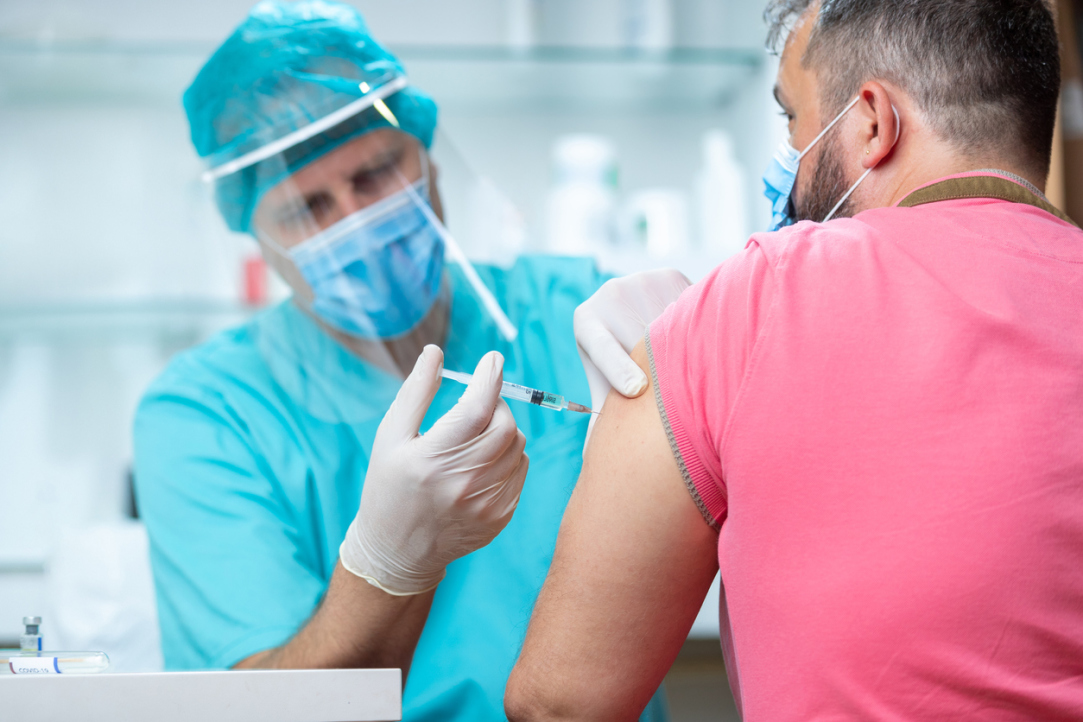
Healthy Nutrition Saves Public Funds: Strategies to Reduce Healthcare Costs in Russia
In Russia, the annual cost of treating type 2 diabetes alone exceeds 500 billion roubles. Promoting healthy nutrition programmes can ease the burden on the healthcare system and increase life expectancy. This was the conclusion reached by economists at HSE University after analysing global experiences with government involvement in promoting a healthy lifestyle.

Keep Your Eyes On: A Prospective Device for Self-Monitoring Vision
As part of the Strategic Project 'Success and Self-Sustainability of the Individual in a Changing World,' scientists at HSE University have conducted a study to develop an electronic device designed to reduce the risk of occurrence and progression of eye diseases.

Long-Term Care Systems: How to Help the Ageing Population
The number of people in need of long-term care will grow globally due to an ageing population. Russia is no exception. This is why the state is facing the task of creating an effective system of care for people who need it. At a workshop at HSE University, experts discussed how to model such systems and forecast their load.

‘A Completely New Platform, Never Studied or Used Before’: mRNA by Pfizer vs. Sputnik V Viral Vectors
One of the biggest headlines of recent days has been the announcement made by Pfizer, a U.S.-based company, and BioNTech, Germany, that BNT162b2, a COVID-19 vaccine they are developing, has proved to be 90% effective in its Phase 3 clinical trial. The news was met with big excitement all over the world. However, the Pfizer-BioNTech vaccine is based on a new platform, which is still understudied. According to protocol, its trial will be complete only in 2022. IQ talked to Larisa Popovich, Director of the HSE Institute for Health Economics, about the differences between the U.S.-German and the Russian Sputnik V vaccines, and about the chances of beating COVID-19 with massive immunization in the upcoming months.

From Chains to Art Therapy: The Evolution of Mental Health Care
Mental health disorders are among the leading worldwide causes of disease and long-term disability. This issue has a long and painful history of gradual de-stigmatization of patients, coinciding with humanization of therapeutic approaches. What are the current trends in Russia regarding this issue and in what ways is it similar to and different from Western countries? IQ.HSE provides an overview of this problem based on research carried out by Svetlana Kolpakova.
.jpg)
Motor Cortex Influences Word Comprehension
Researchers from HSE, Northumbria University, and Aarhus University have experimentally confirmed the hypothesis, whereby comprehension of a word’s meaning involves not only the ‘classic’ language brain centres but also the cortical regions responsible for the control of body muscles, such as hand movements. The resulting brain representations are, therefore, distributed across a network of locations involving both areas specialised for language processing and those responsible for the control of the associated action. The results have been published in the journal Neuropsychologia.
Fear and Uncertainty Lead to AIDS Denialism
December 1 marked World AIDS Day, the purpose of which is to increase global awareness of the disease. Researchers from HSE’s campus in St. Petersburg have spent the last two years studying a movement of individuals called ‘AIDS dissidents,’ or people who deny the existence of AIDS. Peter Meylakhs, Senior Research Fellow with the International Centre for Health Economics, Management, and Policy at HSE St. Petersburg, discusses some of his research results below.

Performance Motivating Factors Reported by Russian Doctors
Interesting work, the desire to help patients, and money – these are the three key factors which motivate Russian doctors to perform, while career ambitions remain a secondary consideration, according to HSE research. Alexander Temnitsky, Leading Research Fellow of the HSE Centre for Health Policy, studied Russian doctors’ personal motives driving their performance between 2007 and 2014.
HSE Researchers Help Treat Cancer in Children
HSE School of Data Analysis and Artificial Intelligence is conducting research for Federal Research Center of Pediatric Hematology, Oncology, and Immunology on how the treatment response might vary depending on the patient's physiology, such as the state of the internal organs and blood, and what the role of genetics is.
A Genuine Challenge for Humanity in the 21st Century
Professor Paul Kind, University of Leeds, led the International Centre for Health Economics, Management and Policy seminar at the HSE St Petersburg.

